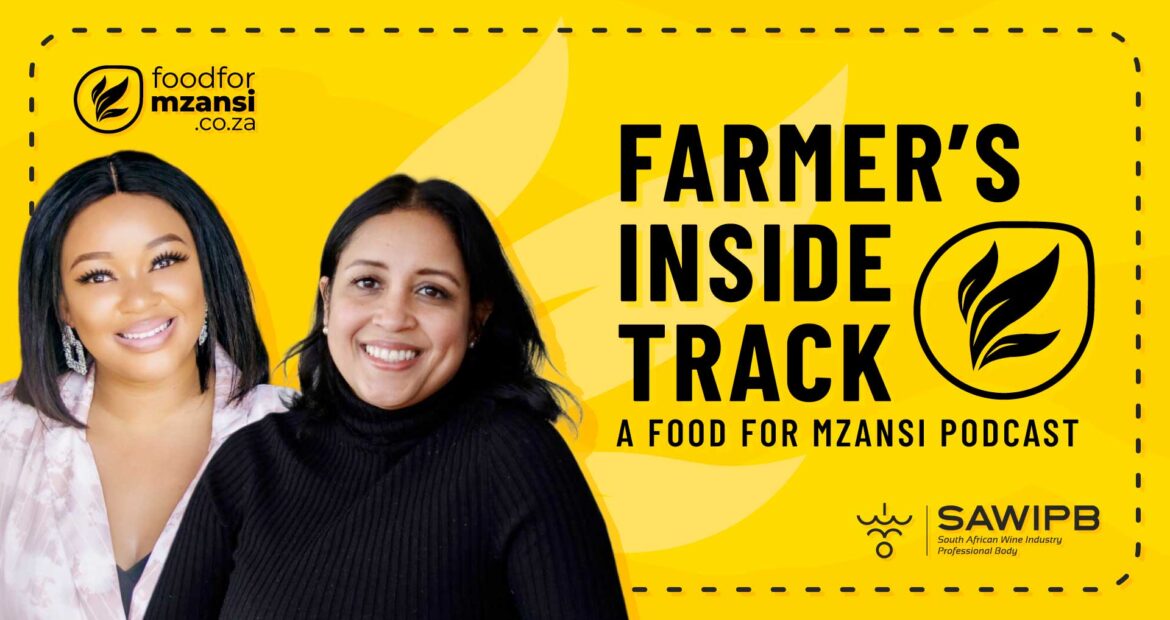With the South Africa Wine Industry Professional Body (SAWIPB) in their corner, wine professionals now have the tools, networks, and knowledge to take their careers and brands to the next level.
Musa Nhlapo grew up in Kagiso, a township located on the West Rand of Gauteng. There, talent is in abundance, but opportunity is in short supply. Now, Nhlapo is building a wine brand, learning the ropes with some help from the South Africa Wine Industry Professional Body (SAWIPB).
She named her wine brand Adisa Wine, a Sesotho word that means “to multiply” or “to increase.”
“That meaning is personal to me,” Nhlapo shares. “It reminds me that every seed we plant, whether a dream, a project, a bold decision, holds the potential to grow into something extraordinary.”
Growing up in the township didn’t stop Nhlapo from dreaming big, just like many around her.
“I knew there was more out there. When you grow up in a community where unemployment and substance abuse are common, holding onto a dream is sort of like an act of hope,” she says.
In 2023, while conducting extensive research, Nhlapo came across South Africa Wine, and later connected with SAWIPB. A connection she describes as transformative.
With SAWIPB, she now has access to real industry knowledge, meaningful networks, and tangible support.
A trusted partner in talent development
Kachné Ross, people and skills development manager at South Africa Wine and executive manager of the SAWIPB, tells Food For Mzansi that industry stakeholders have responded well to the vision and growth of SAWIPB.
“When we first introduced the idea, there was a healthy dose of curiosity, but also cautious optimism. But as the system, structure, and real impact of the professional body became more visible, we’ve seen a clear shift towards ownership and strong support from individuals working in the industry,” she shares.
Related stories
The entire value chain, Ross says, has started to recognise SAWIPB as a strategic partner in people and talent development.
“The buy-in isn’t just increasing in numbers, it’s deepening in intent. I believe we are only just scratching the surface with this whole initiative, and we are on the verge of a new phase of growth, and I’m excited about that,” Ross says.
Not a worker, but a professional
Through SAWIPB’s Knowledge Donation Days, Nhlapo, along with other industry professionals, have had access to leading experts in wine science and secondary production.
During these days, Nhlapo was introduced to critical industry insights that weren’t always easy for her to find, exploring topics like wine faults, how to identify and manage them, and the science behind the wine evolution.
“I gained knowledge not only about the product, but the strategic business side of things, how to navigate, how to properly develop your brand and how to stay protected and be prepared for growth.”
Musa Nhlapo
Meanwhile, for Ross, the work of SAWIPB hits close to home. Coming into the industry as a viticulturist, she knows firsthand how powerful it is when people’s skills are formally recognised.
Once the industry connects the dots between qualifications, learning, and real impact, she believes more individuals will feel acknowledged.
“When someone receives a certificate with their name on it and officially being recognised for their role and contribution, I think there’s a shift. There’s a shift into something that’s internal in that person’s being and his purpose in life.
“They begin to see themselves not just as a worker, but as a professional with value and dignity and a future in the wine industry,” Ross explains.
SAWIPB’s next big moves
Nhlapo agrees, adding that the support from SAWIPB has strengthened her self-belief and reaffirmed her vision.
“It has made me see that my vision is valid and that I belong in the space even without the traditional background. Professionally, SAWIPB provided direction. I had ideas and passion, but I needed structure,” Nhlapo admits.
So what’s next for SAWIPB? Well, according to Ross, they want to scale and deepen their current work. Currently, they are working to broaden access, refining professional designations and development pathways, and strengthening partnerships with training institutions, industry affiliates, and regulatory bodies.
“We want to reach more people across all roles in the wine industry value chain and ensure that the professional body becomes a trusted, permanent part of the industry landscape,” Ross says.
Ultimately, they hope to transform not just individuals but the industry’s culture as a whole, creating a space where everyone can grow together and develop together.
READ NEXT: Cape Agritech Connect: Farming’s future lies in tech and teamwork
Sign up for Mzansi Today: Your daily take on the news and happenings from the agriculture value chain.

